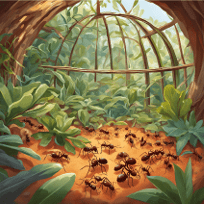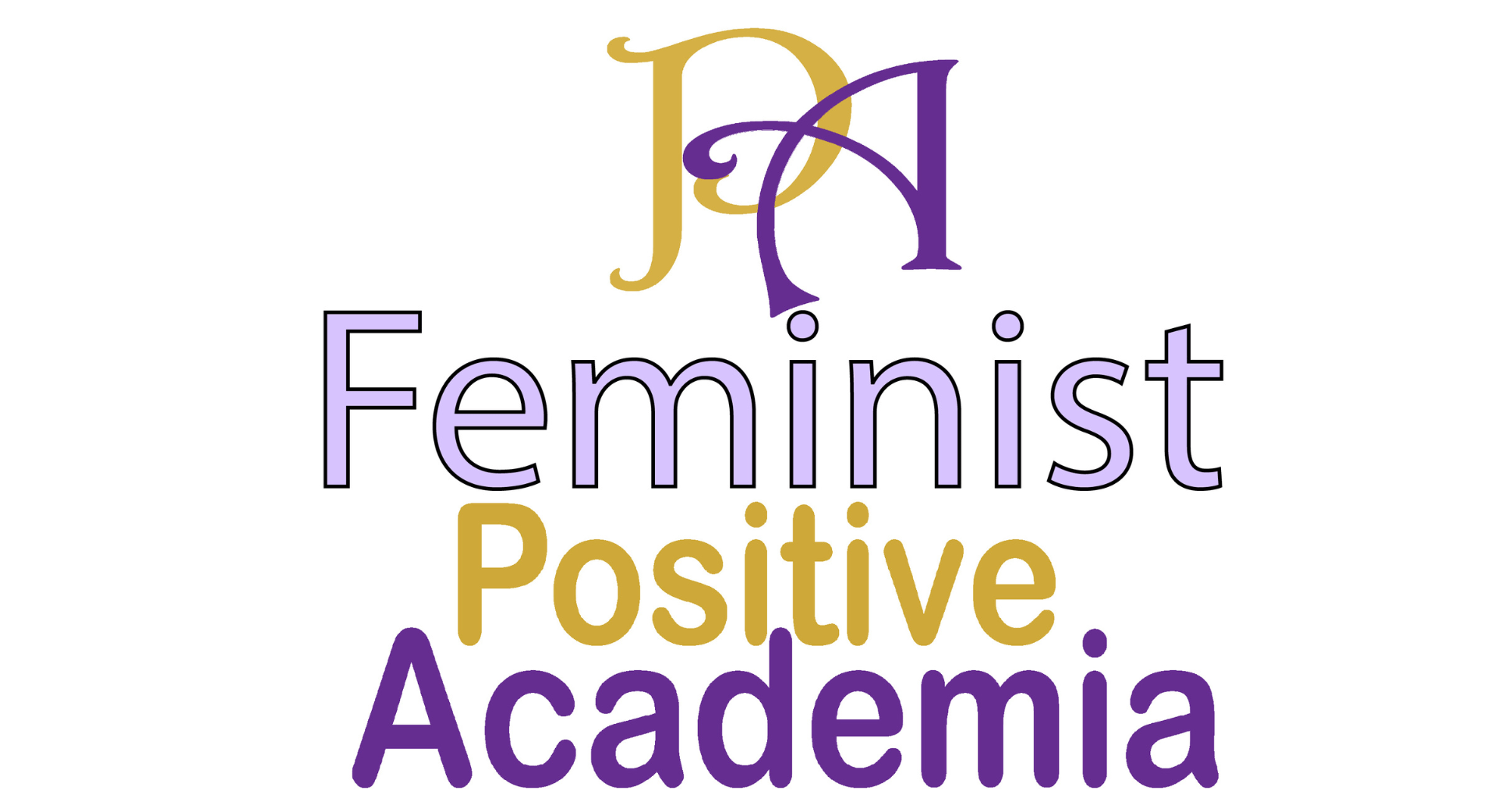
In a quiet corner of the Academic Zoo, a colony of fire ants worked tirelessly. Their contributions were immense: tunnels that aerated the soil, structures that supported the ecosystem, and a network of labour that connected every corner of the zoo.
But the zookeepers rarely acknowledged their efforts. “They are too small to matter”, said the lions, who basked in the shade of the trees nourished by the ants’ work. One day, the ants’ queen called for a rest. “We’ve done enough unseen labour”, she said. “Let’s show the zoo what happens without us.”
As the ants stopped their activity, the soil hardened, plants began to wilt, and the once-thriving habitats started to decline. The zookeepers panicked, and the larger animals demanded answers. “It was the fire ants all along”, whispered the sparrows. When the ants resumed their work, they did so under new conditions: recognition, fair treatment, and a voice in the decisions that shaped the zoo.
Moral: academia often relies on invisible labour. Recognising and valuing this work is essential for its sustainability.
How often do you engage in invisible labour?
What are your strategies for challenging the invisibility of such work?
Christa & Anne-Wil

